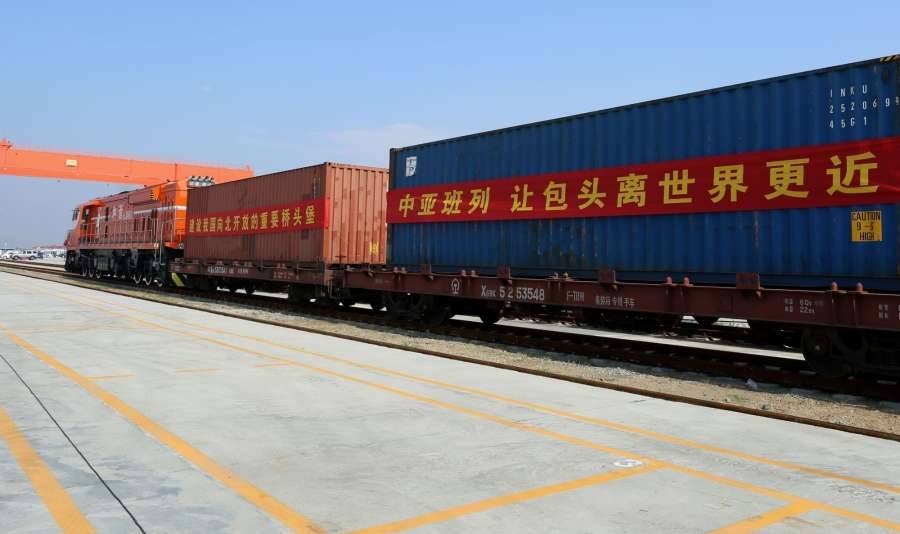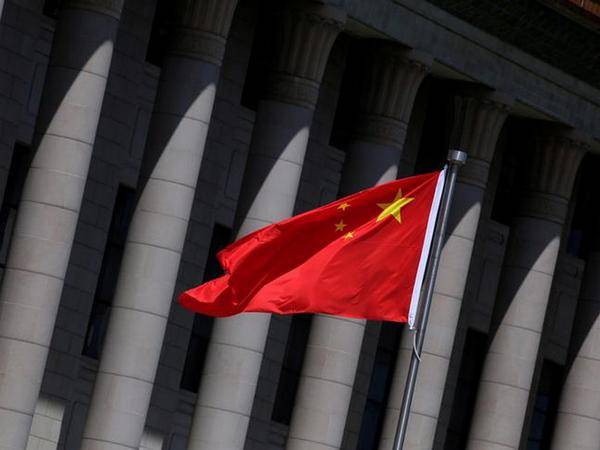On allegations of rights abuses by the Pakistani government, the activist revealed how Pakistani military and civilian institutions occupy thousands of acres of land in the region….reports Asian Lite News
As China continues to advance its hefty projects in Gilgit-Baltistan, regional experts have contended that China-Pakistan Economic Corridor (CPEC) is only advancing Chinese interests in the region and alienated the people of illegal occupied region.
The CPEC has come under the scanner since its inception due to the commercial nature of Chinese loans, which is deemed dangerous. Due to this large scale exploitation of the land and resources of the region, Gilgit-Baltistan continues to witness protests on daily basis over forcibly usurping village lands and plundering their natural wealth.
In an interview with Alternative Voices, activist Senge Hasnan Sering shed light on the exploitative nature of CPEC projects and how these will bring in settlers from Pakistan and change the local religious and ethnic demography in the coming years.
Answering a question on the land rights movement in Gilgit-Baltistan, he said, “Pakistani government spent decades trying to build Kalabagh Dam, but the initiative failed due to opposition from Sindh and Khyber Pakhtunkhwa.”

According to Sering, building a dam in a disputed area like Gilgit Baltistan is a violation of international norms, and tampers with the commitment that Pakistan made with the United Nations on occupied Kashmir.
“The nationalists in Gilgit Baltistan ran a campaign against these dams. There have been protests against the construction of big dams on our land. Pakistani forces crushed them with heavy use of force. They fired shots at anti-dam protesters killing and injuring many,” he said.
On allegations of rights abuses by the Pakistani government, the activist revealed how Pakistani military and civilian institutions occupy thousands of acres of land in the region.
He explained how retired Pakistani military officers and outsiders occupy prime land in the heart of Gilgit and Skardo cities.
“More than 80 per cent of land has been leased to Chinese and Pakistani companies for mineral exploitation. Many families lost land during the construction of Gilgit and Skardu airports. The third generation of those families are still waiting for financial compensation,” he added.
On the effects of Chinese projects in Gilgit-Baltistan, Sering argued that there are not any substantial benefits for locals of Gilgit Baltistan from CPEC-related projects.
He further stated that all CPEC related projects advance Chinese interests in the region as all jobs go to Chinese which are threatening the local survival. “It will bring in settlers from Pakistan and change the local religious and ethnic demography in coming years.” (ANI)














